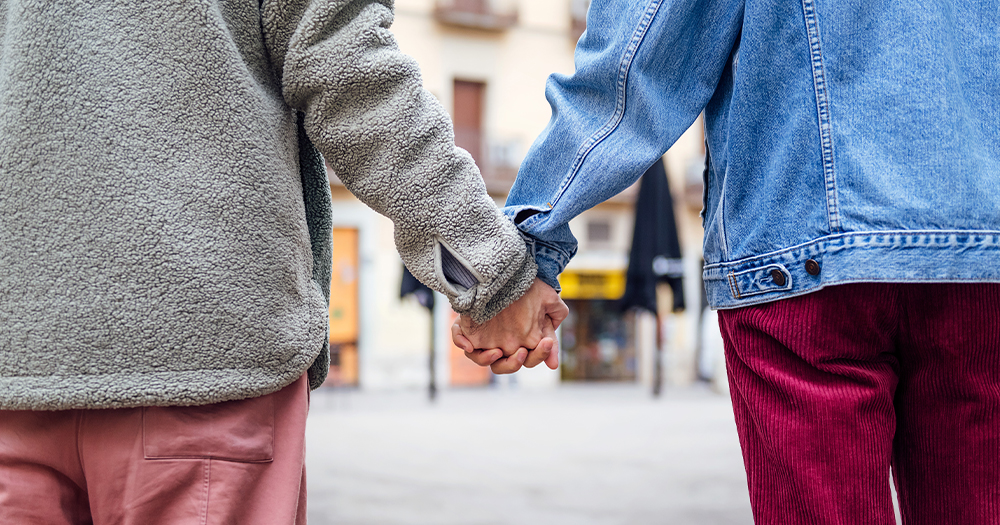According to a new study published today, May 14, 30% of LGBTQ+ people in Ireland avoid going to certain locations for fear of being assaulted. Other concerning results emerging from the study include physical violence against members of the community, bullying in schools and so-called conversion therapy practices.
Titled LGBTIQ equality at a crossroads: progress and challenges, the research was conducted by the European Union Agency for Fundamental Rights (FRA). It aims to capture the lived experiences, views and concerns of LGBTQ+ people aged 15 or older living in the 27 EU Member States plus Albania, North Macedonia and Serbia.
Based on a survey with over 100,000 participants, the findings show that, while more LGBTQ+ people feel able to be open about their identities, harassment and violence against the community are on the rise all over Europe.
“Being openly LGBTIQ in Europe should not be a struggle,” said FRA Director Sirpa Rautio. “Even though we see signs of progress, bullying, harassment and violence remain constant threats.”
FRA also published reports on each country’s data, showing that 58% of LGBTQ+ people in Ireland are “fairly or very open” about their identity. However, the results also show that 30% of LGBTQ+ respondents in Ireland “often or always” avoid certain areas “for fear of being assaulted”, with 51% saying that they avoid holding hands with a same-sex partner in public.
Other concerning results include harassment and violence, with 60% of participants in Ireland believing that violence against the community has increased. This view is in line with official statistics published by An Garda Síochána, which showed that hate crimes increased by 12% last year, with sexual orientation being one of the most prevalent bias motives.
The research conducted by FRA also found that 52% of LGBTQ+ people in Ireland said they were harassed the year before completing the survey, while 13% said they were physically attacked in the previous five years.
Furthermore, almost 70% of respondents in Ireland said that they “suffered bullying, ridicule, teasing, insults or threats” linked to their identity during their time in school. One 19-year-old gender-fluid lesbian was quoted saying that they “experienced such bad loneliness and bullying during my early teenage years that it has impacted me to this day”.
26% of participants in the Irish survey also reported experiencing so-called conversion therapy practices “in order to make them change their sexual orientation and/or gender identity”.
In light of these results, Commissioner for Equality Helena Dalli said, “I encourage all Member States to use the data to deliver robust policies to counter discrimination and protect the rights of all LGBTIQ people.”
Director Sirpa Rautio added, “It is time to act decisively and build on the progress we have made, so everyone in the EU is treated equally and can live with dignity and respect.”
© 2024 GCN (Gay Community News). All rights reserved.
Support GCN
GCN is a free, vital resource for Ireland’s LGBTQ+ community since 1988.
GCN is a trading name of National LGBT Federation CLG, a registered charity - Charity Number: 20034580.
GCN relies on the generous support of the community and allies to sustain the crucial work that we do. Producing GCN is costly, and, in an industry which has been hugely impacted by rising costs, we need your support to help sustain and grow this vital resource.
Supporting GCN for as little as €1.99 per month will help us continue our work as Ireland’s free, independent LGBTQ+ media.
